March 6th, 1957 is a date of huge importance to not only Ghanaian history, but Africa as a whole. As the first African country to win its independence, Ghana’s move toward self-rule broke the official hold of colonialism by European powers on African soil, beginning the wave of other African countries finally gaining their own independence. Kwame Nkrumah, revered leader and one of the most famous Ghanaian political names, became the first president of the new nation.
Kwame Nkrumah was raised in Ghana, born in the town of Nkroful. After receiving education in Catholic schools he moved on to postsecondary education at Lincoln University and the University of Pennsylvania in the United States. A huge advocate for the concept of Pan-Africanism, Nkrumah was one of the few African participants of the 1945 Manchester Congress for Pan-Africanism, where he was influenced and encouraged by a number of black intellectuals and anti-colonial advocates. He became the general secretary of the United Gold Coast Convention when it was created in 1947 in order to oppose colonization.
After a tumultuous time in the UGCC, Nkrumah broke off from the ground and founded the Convention People’s Party. The main difference between the two parties was the CPP’s avowal of gaining self-government now instead of the UGCC’s more gradual approach. Nkrumah and his party gained support throughout the Ghanaian public, identifying themselves with the working class rather than the intellectual elite, influenced by British rule and culture.
In 1950, the CPP began it’s campaign for “self-government now” with a positive action model, intended to use strikes, civil disobedience, and nonviolent resistance again continued colonial rule. A new constitution was created in 1951, a result of unrest in several Ghanaian cities in the year prior. The constitution was not enough, however, as it it did not call for emancipation from Britain- full self-governance. The CPP continued to gain political presence and power, and in 1952, Nkrumah became prime minister. New political organizations were formed, such as the National Liberation Movement and Northern People’s Party, which disagreed on some policies, causing the CPP to fear the disunity signaling an unreadiness to self-lead. The British crown finally agreed to grant independence to the Gold Coast if the new legislature voted on it with a two-thirds majority.
On May 6th, 1957, the Gold Coast officially declared itself independent from Britain, and renamed itself Ghana. Kwame Nkrumah became itself first Prime Minister when he declared Ghana’s independence, and then the first President. Along with a new name came a new flag, consisting of red, gold, green, and a black star in the middle. The red represented blood shed toward independence, gold represented the country’s wealth of minerals, green symbolized the bucolic grasslands, and the black star was the symbol of the Ghanaian people.
source: http://www.sahistory.org.za/dated-event/ghana-demands-independence-britain






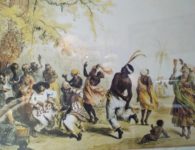
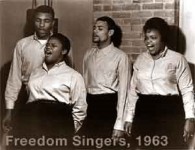

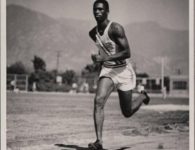
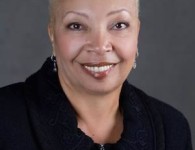
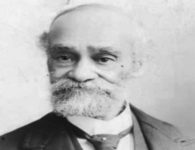

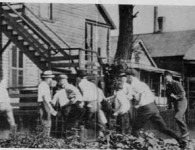
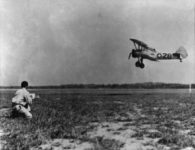
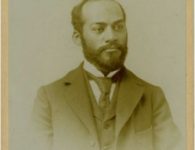
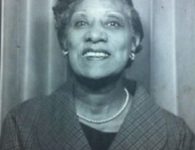
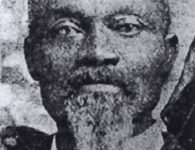
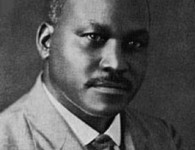



No comments